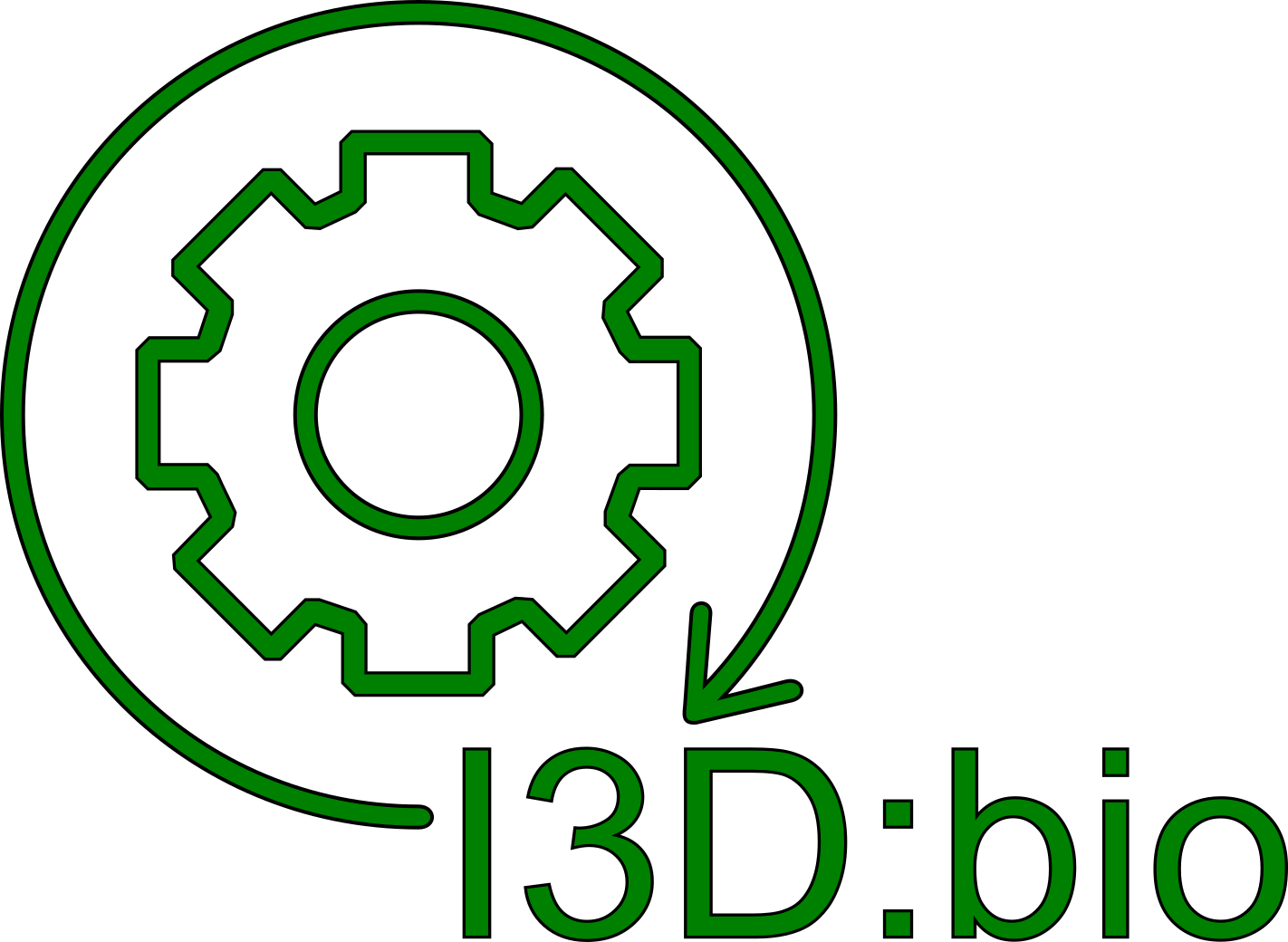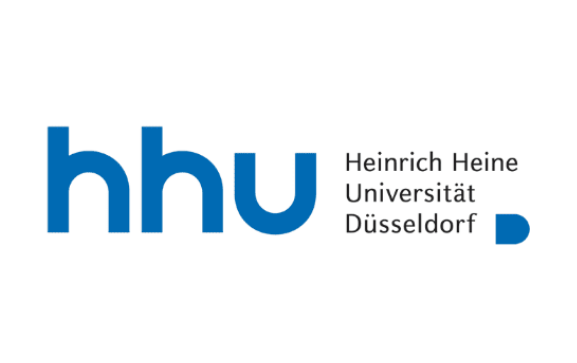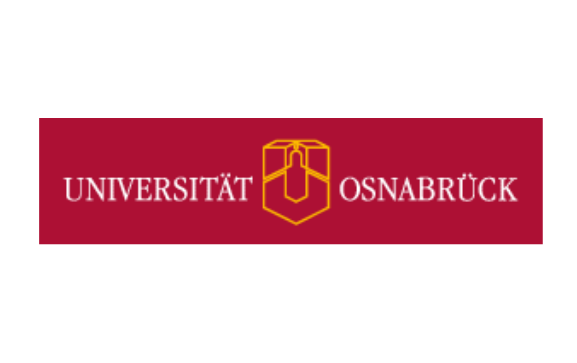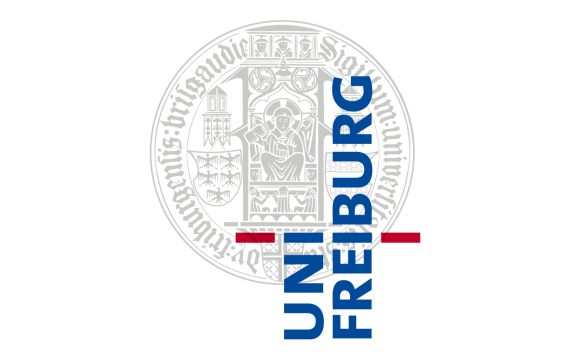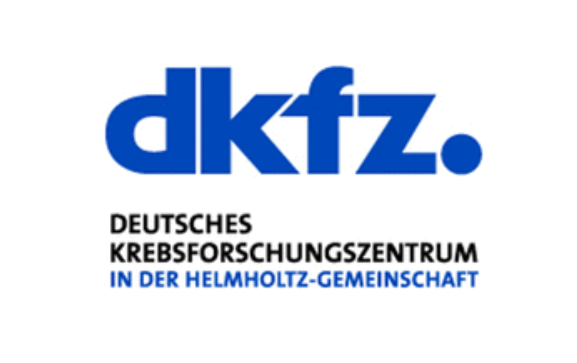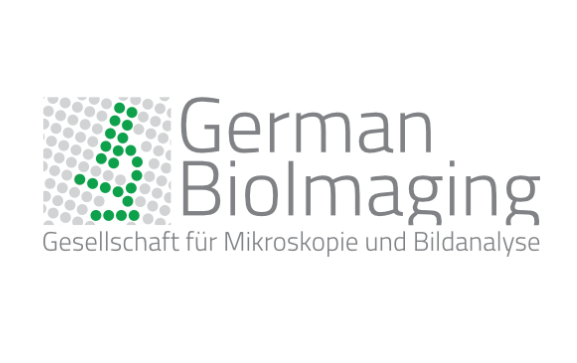Workshop Announcement:
FAIR data handling for microscopy: Structured metadata annotation in OMERO
Location
Online, two-day workshop
Dates
April 29th, 9 a.m. to 4 p.m. and
April 30th, 9 a.m. to 3 p.m.
Description
Microscopy experiments generate information-rich, multi-dimensional data, allowing us to investigate biological processes at high spatial and temporal resolution. Image processing and analysis is a standard procedure to retrieve quantitative information from biological imaging. Due to the complex nature of bioimaging files that often come in proprietary formats, it can be challenging to organize, structure, and annotate bioimaging data throughout a project. Data often needs to be moved between collaboration partners, transformed into open formats, processed with a variety of software tools, and exported to smaller-sized images for presentation. The path from image acquisition to final publication figures with quantitative results must be documented and reproducible.
In this workshop, participants learn how to use structured metadata annotations in the image data management platform OMERO (OME Remote Objects) to optimize their data handling. This strategy helps both with organizing data for easier processing and analysis and for the preparation of data publication in journal manuscripts and in public repositories such as the BioImage Archive. Participants learn the principles of leveraging object-oriented data organization in OMERO to enhance findability and usability of their data, also in collaborative settings. The integration of OMERO with image analysis tools, in particular ImageJ/Fiji, will be trained. Moreover, users learn about community-accepted metadata checklists (REMBI) to enrich the value of their data toward reproducibility and reusability. In this workshop, we will provide hands-on training and recommendations on:
- Structured metadata annotation features in OMERO and how to use them
- Types of metadata in bioimaging: Technical metadata, sample metadata, analysis metadata
- The use of ontologies and terminologies for metadata annotation
- REMBI, the recommended metadata for biological images
- Metadata-assisted image analysis streamlining
- Tools for metadata annotation in OMERO
The target group for this workshop
This workshop is directed at researchers at all career levels who have started using OMERO for their microscopy research data management. We encourage the workshop participants to bring example data from their research to discuss suitable metadata annotation for their everyday practice.
Who are the trainers (see trainer description below for more details)
- Dr. Vanessa Fuchs (NFDI4BIOIMAGE Data Steward, Center for Advanced Imaging, Heinrich-Heine University of Düsseldorf)
- Dr. Tom Boissonnet (OMERO admin and image metadata specialist, Center for Advanced Imaging, Heinrich-Heine University of Düsseldorf)
- Dr. Christian Schmidt (Science Manager for Research Data Management in Bioimaging, German Cancer Research Center, Heidelberg)
Costs
The workshop is free of charge. Places are limited to 20 participants. If the number of registrations exceeds 20, participants will be chosen based on their registration details to create a learning group with matched experience and learning goals.
Preparation, prior experience/skills
You should have worked with microscopy data in your research before. A basic knowledge of OMERO is an asset. You can also watch the I3D:bio’s OMERO training material videos to acquire the basic knowledge (~45 min in total).
Basic knowledge of Fiji/ImageJ is an asset.
Preliminary programme and registration
Day 1
09.00 a.m. to 10.00 a.m.: Introduction and dataset description
10.00 a.m. to 11.30 a.m.: Data structures in BioImaging, Introduction to the FAIR principles & structured annotations
11.30 a.m. to 12.30 a.m.: Subgroups: Discussing data structures and organization with Tags
12.30 a.m. to 01.30 p.m.: Lunch Break
01.30 p.m. to 02.30 p.m.: Subgroups: Tag your data
02.30 p.m. to 03.30 p.m.: Key-Value pair annotations and ontologies in bioimaging, REMBI
03.30 p.m. to 04.00 p.m.: Wrap-up, discussion, outlook on day 2
Day 2
09.00 a.m. to 10.00 a.m.: Subgroups: REMBI-based Key-Value Pair annotation in OMERO
10.00 a.m. to 11.00 a.m.: Loading OMERO-hosted data from Fiji, leveraging tags and ROIs
11.00 a.m. to 12.00 a.m.: Subgroups: Analysing OMERO-hosted images with Fiji
12.00 a.m. to 01.00 p.m.: Lunch Break
01.00 p.m. to 02.00 p.m.: Findability and usability of bioimaging data
02.00 p.m. to 03.00 p.m.: Discussion, Outlook, Feedback
Registration is open closed. The maximum number of participants is reached. Participants will be notified shortly.
This event is jointly organized by members of the I3D:bio project (DKFZ and HHU) in collaboration with the NFDI4BIOIMAGE project partners at HHU.
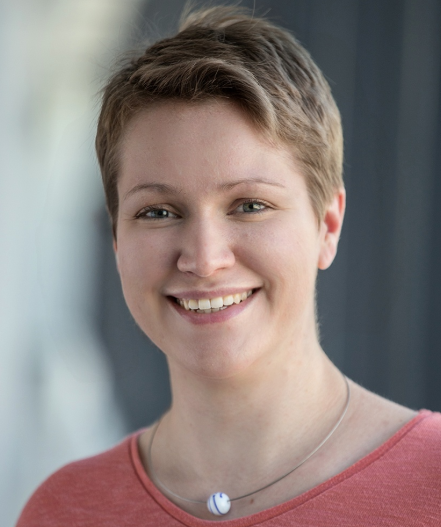
Trainer Description – Vanessa Fuchs
Vanessa is a molecular (plant) biologist by training and performed a lot of imaging, using different microscopy techniques during her PhD and PostDoc-time. She is working as a Data Steward at the Center for Advanced imaging (CAi) at the Heinrich-Heine University in Düsseldorf, where she helps users of the facility to structure, organize and annotate their imaging data using OMERO. Additionally she is working as a Data Steward in the NFDI4BIOIMAGE consortium where she is focussing on the Helpdesk and use case documentation.
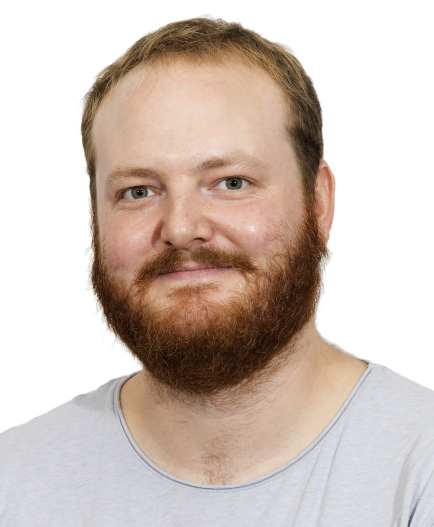
Trainer Description – Tom Boissonnet
Tom has a background in neurobiology and computer science before moving to data management in the recent years. He is employed at the Heinrich Heine Universität within the Center for Advanced imaging, where he administrates the local OMERO server and supports users. As part of the I3D:bio project, he helps other institutions in establishing their OMERO instances. Tom advocates for the integration of data management within bioimage analysis pipelines, and contributes to the development of OMERO to improve the user experience with data annotation.
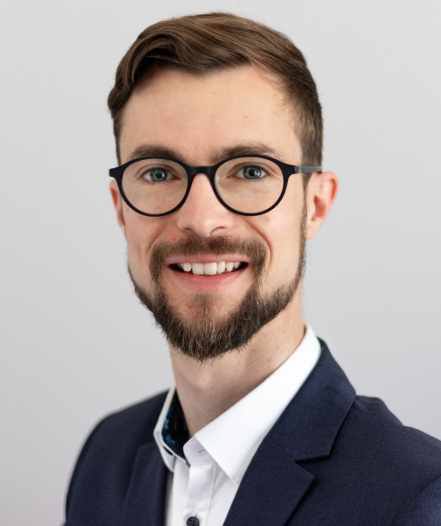
Trainer Description – Christian Schmidt
Christian is a biologist by training with a background in biochemistry, cell biology and immunology. After his PhD and a 2-year Post-Doc phase in biochemical pharmacology, he changed his career path to become a scientific project manager and a teacher in the field of microscopy research data management. Christian is employed at the German Cancer Research Center (DKFZ) in Heidelberg in the Department Enabling Technology. He is a project coordinator of the I3D:bio project and the NFDI4BIOIMAGE consortium.
